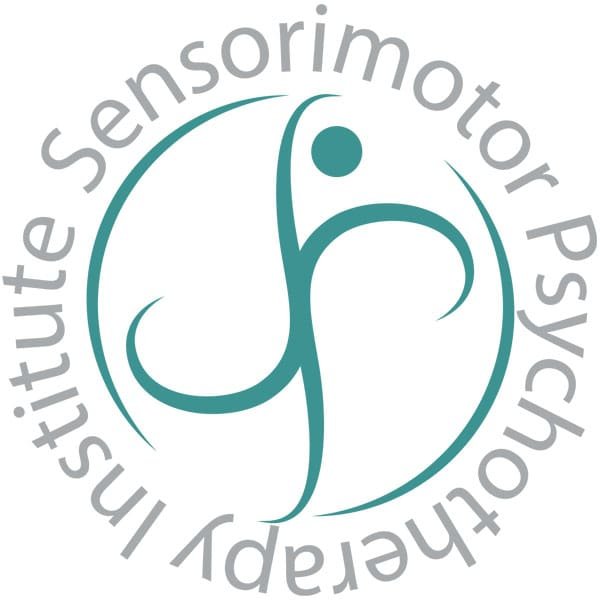
Individual Psychotherapy
In-person or virtual therapy sessions (within Michigan)
Welcome!
I invite you to a non-judgmental space that embraces attunement, curiosity, and presence.
Step more fully into your authentic Self
I utilize an embodiment-based holistic approach to help you move through self-doubt, shame, and isolation into a place of self-trust, confidence, and connection.
Some examples of how we can work together:
Explore feelings of shame or “not good enough” beliefs and move toward self-acceptance
Process social anxiety and social isolation in order to embrace community and friendship
Process attachment-based trauma in your past or existing relationships
Explore assertiveness in setting and holding healthy boundaries with others
Learn and practice tools of mindfulness and present awareness
Address ways that your intersectional identity is formed and increase awareness of the impact of internalized racism and white supremacy
Recover from complex or acute traumatic experiences through somatic processing
Develop tools to cope with stress, depression and conflict
Inner-healing intelligence
You are not broken or in need of getting fixed. You already have all of the inner healing intelligence that you need within you. Therapy is about uncovering that wisdom with yourself and learning the tools and practices to nurture and grow your self-energy.
Therapeutic Influences and Approaches
-

Sensorimotor Psychotherapy
In Sensorimotor Psychotherapy, the therapist holds a container for healing by helping clients develop the skills to mindfully sit with, notice, and describe any emotional experiences. Together we observe what is coming up in any given moment and through awareness of the body.
By using their sensory ability to observe, learn, listen, and touch in with a part of the psyche that needs healing, they can shift things by gaining new information about the injury causing the emotional symptoms that are presenting themselves in the session and also perhaps a method of releasing the energy around those wounded parts.
-

EMDR
EMDR is a structured therapy that encourages the patient to focus briefly on the trauma memory while simultaneously experiencing bilateral stimulation (tapping, eye movements, or sound), which is associated with a reduction in the vividness and emotion associated with the trauma memories. Eye Movement Desensitization and Reprocessing (EMDR) therapy is an extensively researched, effective psychotherapy method proven to help people recover from trauma and PTSD symptoms.
-

Internal Family Systems (IFS)
IFS is a transformative tool that conceives of every human being as a system of protective and wounded inner parts led by a core Self. We believe the mind is naturally multiple and that is a good thing. Just like members of a family, inner parts are forced from their valuable states into extreme roles within us. Self is in everyone. It can’t be damaged. It knows how to heal.
But IFS is much more than a non-pathologizing evidence-based psychotherapy to be used in a clinical setting. It is also a way of understanding personal and intimate relationships and stepping into life with the 8 Cs: confidence, calm, compassion, courage, creativity, clarity, curiosity, and connectedness.
-

Attachment-Based Therapy
From our earliest years, we develop an attachment style that follows us through life, replaying in our daily emotional landscape, our relationships, and how we feel about ourselves. And in the wake of a traumatic event―such as a car accident, severe illness, loss of a loved one, or experience of abuse―that attachment style can deeply influence what happens next.
Through utilizing attachment theory and trauma resolution, we can better understand how overwhelming experiences can disrupt our most important connections― with the parts of ourselves within, with the physical world around us, and with others.

